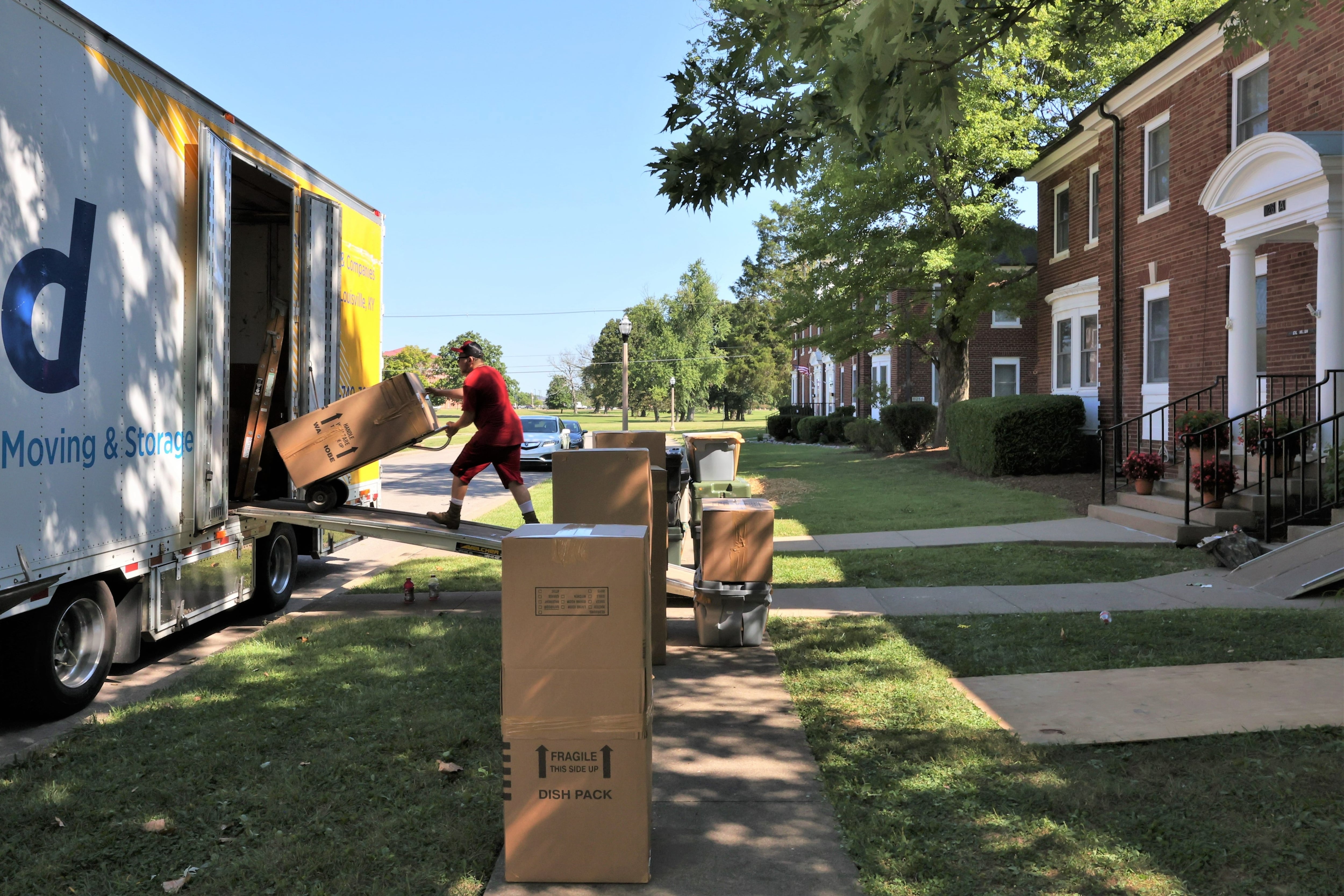Congress has already given the Air Force permission to increase the annual retention bonus it pays some pilots from $25,000 to $35,000, but a leading three-star general said that may not be enough.
The increased Aviator Retention Pay bonus is a key component in the Air Force's effort to try to hold on to its departing pilots — especially fighter pilots — being lured to the commercial airline industry. Commercial airliners, trying to stave off a manning problem of their own caused by mandatory retirements, are hiring about 4,000 pilots per year and can pay much more than the Air Force as they try to lure experienced military pilots.
In a speech Wednesday at the Air Force Association's headquarters in Arlington, Virginia, Lt. Gen. Mark Nowland, deputy chief of staff for operations, said the Air Force is thankful Congress increased the bonus. But he also pointed to a RAND Corporation study from last year on pilot retention that found that to counter the draw of airlines, the Air Force needed to up its retention bonus to at least $38,500 — and perhaps more.
When asked, Nowland would not explicitly say he agrees with RAND's assessment, but said their study requires a closer look. Nowland noted that RAND has found airlines are likely to exceed their hiring projections in the future, which he said could "substantiate RAND's claim that you need more money."
"We're going to work the retention issue hard," Nowland said. "The key is we've got to work with Congress and talk to Congress as we do it, but continue to work with Congress to up that retention bonus as we look to retain guys in the future."
Congress didn't give the Air Force everything it asked for when it raised the pilot retention bonus last year. Former Air Force Secretary Deborah Lee James said last summer that the service wanted to be able to offer pilots up to $48,000 per year, nearly doubling the old retention pay cap.
But, as Nowland said, money isn't everything. Culture is a big part of why pilots fly, he said, and improving the culture and pilots' lives will help entice them to stay.
Over time, the Air Force tried to increase efficiency in squadrons by introducing into them business practices, Nowland said. But, ultimately, pilots ended up getting hurried and distracted from their main jobs.
Nowland said that when he first entered a fighter squadron as a lieutenant in 1990, he was told his job was to study and become the best F-15 pilot he could be. He threw himself into learning all about the then-new AIM-120 air-to-air missile.
"That took hours and hours and hours back in the vault," Nowland said. "Why? Because I didn't have to do DTS [Defense Travel System]. When I had orders, I had people that helped me get from point A to point B. As we brought in business practices in the form of efficiency, what we've done is we've put more and more burden back on the squadron and reduced the help that they have. So if you go into a fighter squadron today, our pilots don't have time just to sit back and be in the vault to become the very best fighter pilots they can. So we're trying to reverse that."
Nowland said the Air Force is adding people — including contractors — back to squadrons to help with those administrative tasks, as well as reducing other additional duties that aren't a good way to use the time of valuable pilots.
"If we're going to invest $10 million in an F-22 pilot, what's the best use of that guy's or gal's time?" Nowland said. "How do we get the return on investment to make sure theyr'e as lethal as they can possibly be?"
A pilot crisis task force chaired by Maj. Gen. Scott Vander Hamm, assistant deputy chief of staff for operations, is also meeting every two weeks to try to come up with other "bold" ideas to improve squadrons, their culture, assignment processes, and talent management, Nowland said.
And if a serious war were to break out that causes the Air Force to sustain casualties in its pilot ranks, Nowland said, the Air Force needs to have enough capacity to be able to re-fill those combat positions.
"In my personal opinion, we lost our way when we started running the Air Force like a business," Nowland said. "Producing a pilot is not a business decision. It is a capability for America."
Stephen Losey is the air warfare reporter for Defense News. He previously covered leadership and personnel issues at Air Force Times, and the Pentagon, special operations and air warfare at Military.com. He has traveled to the Middle East to cover U.S. Air Force operations.





